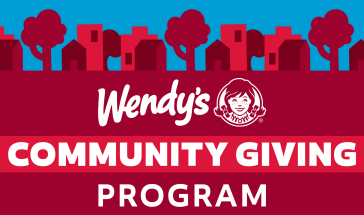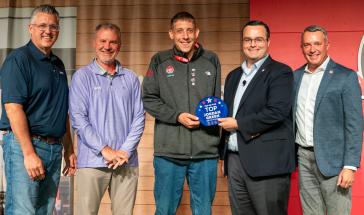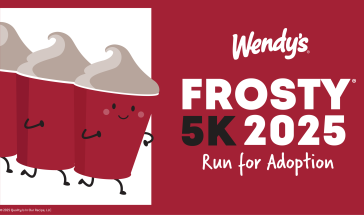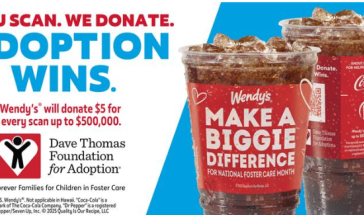Wendy's Virtual Franchisee Panel Honors Black History Month
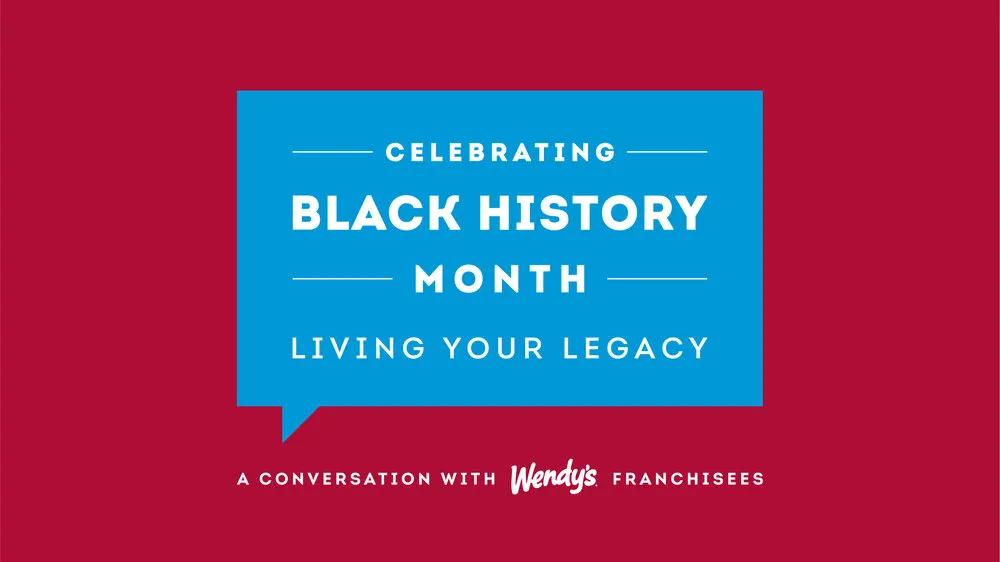
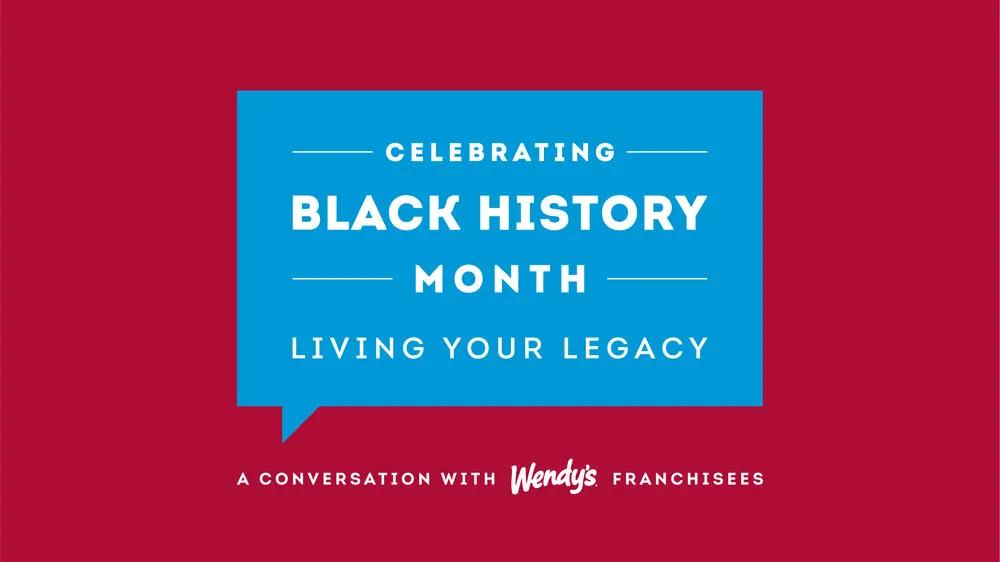
One of the most fulfilling aspects of my Division Vice President role at Wendy’s® is to highlight the incredible work our teams are doing in our communities. I recently had the special opportunity to join four seasoned Wendy’s franchisees (Steven Taylor, Peter Moses, Albert King and Wally James) for an open and candid dialogue focused on “Living Your Legacy” in celebration of Black History Month.
Wendy’s Black Employee Resource Group (WeBERG) hosted this event to foster an important and candid dialogue with Black Wendy’s franchisees. Together, we shared challenges faced and lessons learned to inspire other franchisees, team members and customers.
It’s impossible to highlight every bit of wisdom this powerhouse panel offered, so I’m sharing some of my favorite bits of guidance below:
On what makes a successful entrepreneur/franchisee:
Peter Moses: The restaurant industry is a people business, so you need a high EQ (Emotional Quotient) to encourage and motivate your teams to succeed. Secondly, you need to support, challenge, and manage the people within your organization. Finally, you must be engaged in the operations and lead from the top, as you can’t leave the goal setting to anyone else but yourself.
Albert King: You must be engaged and have passion for the business. You need to listen to what people are saying, not just what you think they are saying. And most importantly, you need to recognize what you don’t know, because you can’t do everything, which is why you need to surround yourself with a talented team and delegate appropriately.
On getting started as a Wendy’s franchisee and managing business challenges:
Steven Taylor: After earning my MBA and setting out to be an engineer, I quickly pivoted to search for a business I could call my own. I met a Wendy’s franchisee at a MBA conference in Atlanta, who said Wendy’s was looking for diverse franchisees, and that’s where my career with the brand began. Since then, the biggest challenge I’ve faced – and continue to face – is identifying, nurturing and then retaining talented people.
Albert King: As a Black franchisee, you don’t [always] have the opportunity to be around people who are decision makers and who also look like you. You have to get comfortable putting yourself in front of people.
Peter Moses: I was originally with the Wendy’s brand on the corporate side for 17 years. However, after recognizing the freedom and financial benefits in operating my own franchise business, I jumped on the opportunity to switch to the franchise side as soon as I could. With that said, I will say the biggest challenge I faced was making the decision to leave the security of being a corporate employee and taking the responsibility of independent business ownership. Making that decision to let go and go out on your own is challenging, but I had confidence in my ability to succeed thanks to my experience as a corporate operator and ensuring that I had enough capital to deal with any unforeseen expenses.
On the impact of supporting the local (Black) community:
Albert King: We’ve all contributed to different charities and organizations over the years, but through this experience I’ve learned that I really like to invest in people. I see a lot of young people that have tough lives, and the opportunity just to listen to them and hear them talk is extremely valuable, which is why I make a point to visit our restaurants to talk to my teams. As Black franchisees and Black people, we need to make sure we’re investing in young people and giving them opportunities to meet franchisees because it makes a significant difference to understand how we got to where we are, and that they too, can achieve their wildest dreams. The impact I want to leave is to help them understand that success comes with hard work, sacrifice and putting in time.
On succession planning:
Wally James: Succession planning is very important. I’ve been a franchisee for over 30 years now, with several family members supporting this business and great brand. However, this business started at the hands of my father, who was once approached with a compelling opportunity to sell. After days passed since receiving the offer, I finally approached my father and asked him if he was going to take the offer. His response, to this day, is chilling and is something I will never forget: “If I sell this company, I’ll be selling your future. I won’t do that.” That really struck a chord with me and let me know the opportunity to be a Wendy’s franchisee is huge. Succession planning is in our DNA and is why we will be around for another 50 years.
On leaving a legacy in your community and the Wendy’s system at large:
Steven Taylor: The legacy I would like to leave is one of Dave Thomas’ values: Do the Right Thing. I pride myself on telling people that I’m going to do something and ensuring it gets done, no matter what.
Wally James: One of the amazing things we’ve done over the course of my career is opening the very first Wendy’s airport restaurant worldwide, and the legacy I would like to leave is to ensure we have more airport locations worldwide than any of our competitors. Our airport location was one of the first non-traditional locations for Wendy’s, and I would like to ensure that sees continued growth.
On biggest learnings as a business owner in 2020:
Wally James: One of the biggest learnings has been to really over communicate with our employees, to find out not only what’s going on in their lives, but what’s going on in their families’ lives. The restaurant industry as a whole had to create protocols to protect our team members and customers, so the biggest thing we learned was over communicating to find out what was going on in their lives and what we could do to help them. We can take what we learned from this pandemic to help us manage the business and support our people moving forward.
Albert King: I really tried to listen to our crew members, because I’m not always in the restaurant at the register or fry station. As a leader, I had to figure out what my team members needed us to do to make them feel safe. And the biggest thing we learned is the short-term gains are going to hurt you in the long run, which is why we’re making business decisions with the input of our teams at the forefront.
If you’re interested in learning more about WeBERG and our other Employee Resource Groups, check out this Square Deal blog post on what diversity and inclusion means to Wendy's.
